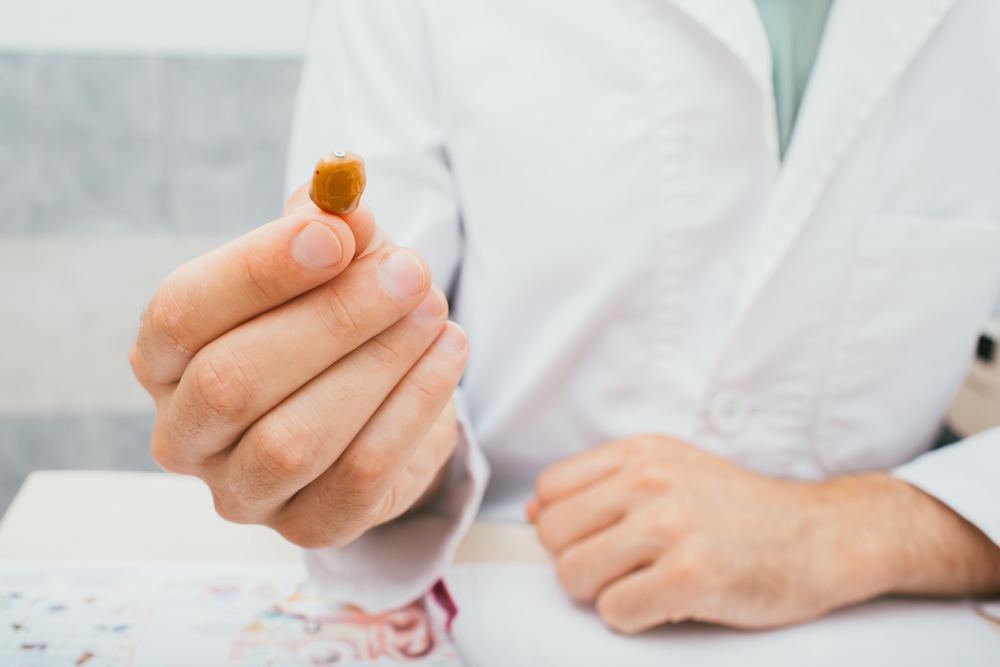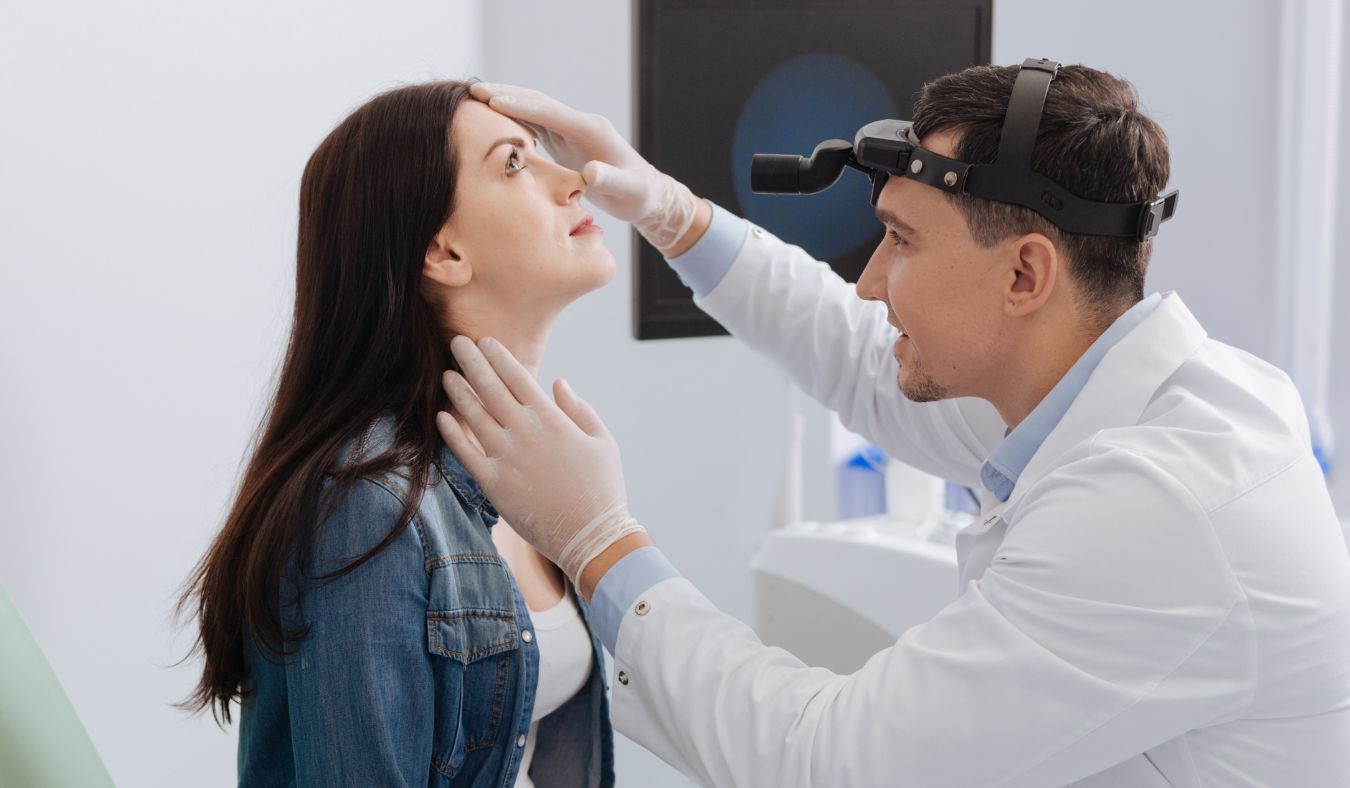FAQs About Snoring Surgery
If you’re struggling with disturbed nights and sleep apnea, you may


If you’re struggling with disturbed nights and sleep apnea, you may

Snoring surgery is typically carried out by an ear, nose and throat

Your adenoids are small tissue lumps at the back of your nose, above the